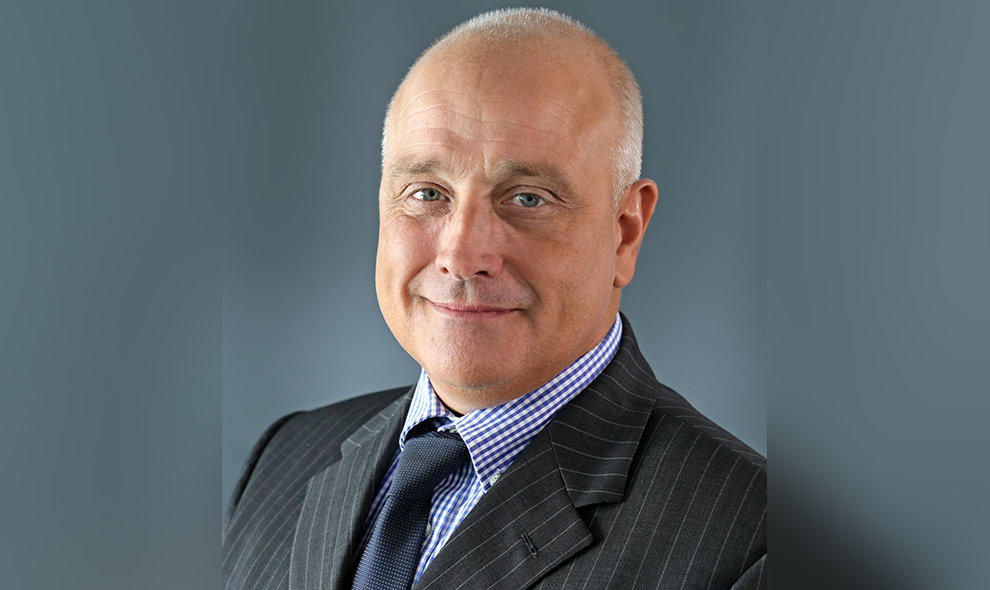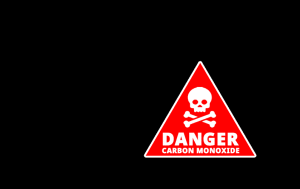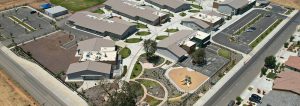Electrical and mechanical failures require a good deal of specialist knowledge to fully understand. What skills and experience did you require to specialise as an expert witness in this area?
I am an electrical engineer whose bullseye competence is based in a lifetime of working in potentially explosive atmospheres with experience of equipment ranging from low voltage and current to 138 kV. My career started as an apprentice electrician in the coal mining industry, progressing through being an engineering manager, companywide automation engineer, and research engineer working on European Union projects to being a Health and Safety Executive (HSE) Inspector. For the last eight years I have worked in the private sector as an engineering consultant and expert witness.SEHealth and Safety I now work for Envista Forensics, based in the London office, which covers the Europe/Middle East and Africa (EMEA) region.
Not only do I have many years of industry experience, but I have also been fortunate to have worked for companies who have given me the time, support and sponsorship to gain a BSc, an MBA, an Engineering Doctorate and a deep knowledge and understanding of a plethora of standards and legislative requirements relating to engineering.
I am repeatedly instructed on insurance losses ranging from £20,000 to £100 million both in the UK and overseas and on complex health and safety prosecutions, and my instructions often are at the direct request of Insurers and barristers.
As an expert witness, my fundamental role is to explain complex engineering issues in a manner and language that the Court can easily understand. In my experience, being able to give practical examples of different, but similar, equipment and systems that the Court can more readily relate to can often work best. Prior to me working for the HSE I was a part time Further Education teacher which I did for many years. That experience of teaching adults, some of whom were only students because their employer forced them to attend, greatly assists me in producing my reports for the Court and also in giving oral evidence.
[ymal]
Even though I am obviously biased, and I hope that I do not offend my legal colleagues by saying so, in my opinion an engineer is always best placed to assist the Court on engineering issues.
I have acted as an expert witness:
- in civil cases (joint and single instruction for both claimant/pursuer and defence/defender) involving electric shocks and electrocutions, electrical fires, machinery safety, confined space working, workplace transport and rope cableways as well as civil insurance claim cases;
- in criminal cases (prosecution and defence instructions) involving electric shocks, machinery safety, confined space working, working at height, explosions, mining accidents and workplace transport;
- in corporate manslaughter and gross negligence manslaughter cases;
- in successful appeals against HSE enforcement notices, including appearing at the associated employment tribunal.
Engineering issues are often highly complex and sometimes difficult for a lawyer to explain in court. What assistance do you provide?
In criminal trials, I am not only able to assist the Court to explain the complex engineering aspects but also the associated investigation process that led up to the decision to prosecute.
Even though as an expert witness my overriding duty is to the Court to be honest and impartial, I also have a commercial duty to my client who is instructing me. Therefore, it is paramount that I work within the agreed budget and timescales.
Of course, prior to producing a report, I need to carry out a robust investigation and gather as much evidence as I can. One of the best lessons that I have ever been given on taking evidence is to think that you will never visit the scene ever again. That way, you take the time that is necessary, not always the same as the time that you are originally allotted, and take whatever evidence is required. Photographic and video evidence is invaluable as is detailed note taking.
One of the best lessons that I have ever been given on taking evidence is to think that you will never visit the scene ever again.
Sometimes other parties in a case instruct their own experts and I am required to conduct joint inspections. It is here where good interpersonal skills are required so that everyone has fair and equal opportunity to carry out a robust inspection.
What analysis do you need to undertake to conduct an effective investigation?
I reach my conclusions by following the evidence and approach each case with no preconceived thoughts on what the root cause may be or where the case may lead. I examine all credible scenarios, create hypothesises and then either prove or disprove each one. However, I sometimes have to accept that I cannot categorically find the root cause of an event. Sometimes the evidence has been disturbed or even disposed of before I arrive on scene, and sometimes witness evidence is not as reliable as I would like for various reasons. I am aware of one investigation carried out by a colleague where it was eventually proved that a corpse had been moved to give the impression of another chain of events. With this in mind, I tend to be sceptical and only believe what I can prove.
What are common reasons for electrical and mechanical failures in the cases you pursue?
I am often asked about the common reasons for electrical and mechanical failures in the cases that I investigate. Invariably I find that poor design, poor installation and commissioning and poor maintenance (probably in equal measure) are the reasons. Sadly, another increasingly common factor is how the competence of the technicians and engineers involved in these processes has diminished with younger people choosing to follow other careers than engineering. Because of this, I am a STEM ambassador in my spare time and try to encourage as many young people as possible to become engineers and scientists.
What developments have taken place in the past year to impact how cases in your area of expertise are handled?
In the past 15 months during the COVID-19 pandemic, social distancing measures have meant that joint inspections are carried out in a different manner, with some taking place by remote means. Also, of course, the advent of Nightingale Courts and remote attendance has been something that a lot of people, myself included, have had to adjust to.
The changes made due to the pandemic are hopefully short-term, but I feel it is vital for an expert witness to keep abreast of emerging technologies and practices. I am fortunate that the professional bodies that I am a member of encourage continuous professional development (CPD), and I submit my CPD plan and record annually to assist me maintaining my Chartered Engineer, Chartered Scientist and Chartered Environmentalist registrations.
Dr John Ford (BSc, MBA, EngD, DMS, PGCE, CEng, CSci, CEnv, FIMMM, MIET, MCMI), Technical Lead Mechanical/Electrical UK
Envista Forensics
Address: 364, Blvd du 30 juin, Im. Kiyo ya Sita, 6th floor, Kinshasa, Democratic Republic of the Congo
Tel: (+44) 203 696 7996 / (+44) 778 740 8240
Email: john.ford@envistaforensics.com
Website: envistaforensics.com
Envista Forensics is a global, multi-disciplinary and highly skilled forensic engineering and expert services firm. We have 400 full time professionals (as well as over 1200 Associates) located in 35 offices on 4 continents that comprise the Envista team and provide a wide array of services including various disciplines of Forensic Engineering, Fire and Explosion Investigations, Building and Equipment Consulting, Accident Reconstruction and Digital and Cyber Forensics as well as Equipment Restoration Services globally known as AREPA. Our customers are primarily insurance companies, loss adjusters and lawyers.
Dr John Ford is Technical Lead for Mechanical and Electrical Investigations at Envista. He has accrued a library of professional accreditations alongside a wealth of practitioner and regulatory experience, specializing in commercial and industrial settings involving electrical engineering and workplace accident investigation.





















